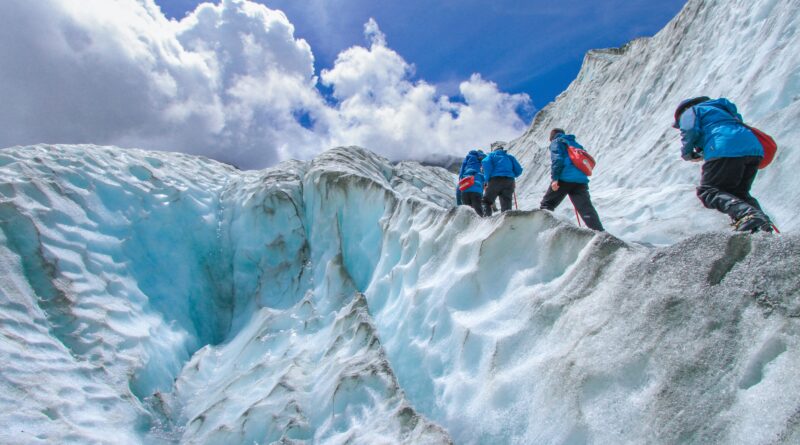Munatsuki Hacchō (胸突き八丁 – Make-or-Break Period)
Munatsuki Hacchō
胸突き八丁
The Japanese expression, munatsuki hacchō (胸突き八丁), can describe the most challenging period, in the process of accomplishing something.
物事を成し遂げる過程で、もっとも苦しいときのことを、「胸突き八丁」と言うことがあります。
Muna/mune (胸) means “chest,” tsuki (突き) means “to thrust,” and munatsuki (胸突き) refers to a slope that is so steep that one feels something thrusts their chest and cannot breathe.
「胸」は “chest”、「突き」は “thrust” を意味し、「胸突き」で「胸が突かれて息ができなくなるほどの急な坂道」の意味になります。
In addition, ha/hachi (八) means “eight,” chō (丁) refers to a unit of distance, and hacchō (八丁) is approximately 820 meters. However, in this context, it specifically refers to the remaining 820 meters to the summit of Mount Fuji.
また、「八」は “eight”、「丁」は距離の単位のことで、「八丁」は約820メートル、特にここでは富士山の山頂までの残り870メートルのことを指します。
This expression came from the fact that Mount Fuji has a steep path just before the summit, and people often feel the most pain there.
富士山は、山頂の手前に急斜面で険しい道があり、ここがもっとも苦しく感じられることから、このような表現が生まれました。




